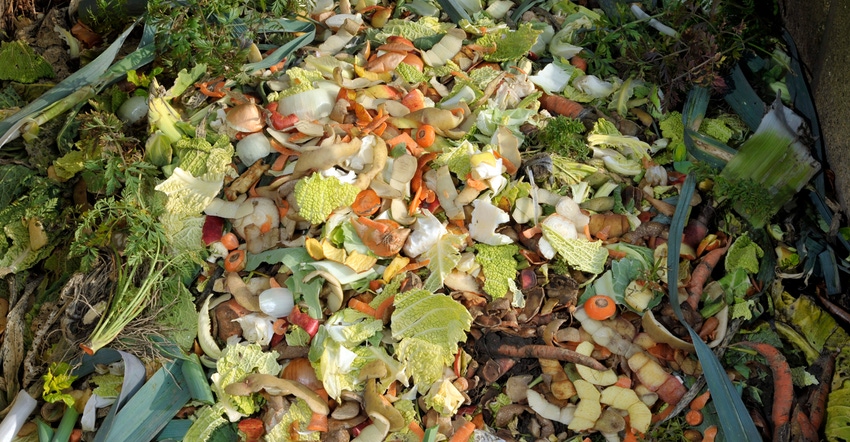
When you jump outside the box, you can either land standing tall or flat on your face. Usually a certain level of risk — often a great amount — is necessary to instigate change, or a new way of doing things.
One company is seeing food waste differently, as something other than waste, and it’s standing tall.
The company, AgriProtein, just announced that it has secured another $105 million in funding to up-cycle organic food waste into fish food.
It’s using black soldier flies, bred on an industrial scale, to produce larvae, which feed on organic waste from food manufacturers, supermarkets, farms and restaurants. The larvae are then dried and defatted, and then ground into a high-protein alternative to fishmeal. The feed is suitable for fish, poultry, pigs and pet food.
AgriProtein says it has multiple benefits, including helping to tackle the planet’s growing waste crisis, keeping it out of landfills and reducing greenhouse gases.
The company says its mission is to find a better way to feed the world. By replacing fishmeal in aquaculture and agriculture feeds, the company hopes to reduce the trawling of fish for fishmeal, leaving the world’s dwindling population of wild fish to be harvested responsibly and sustainably for human consumption.
AgriProtein, based in Cape Town, South Africa, has fly farms under development worldwide to produce its flagship product MagMeal.
I’ve written about my own food waste problem in the past. I still haven’t learned to cook for just two after the young’uns and their swarm of friends no longer daily devour the fridge’s contents. So, the idea of food becoming waste and then becoming food again is intriguing.
The insect meal created, the company says, is a safe, natural, cost-effective alternative to fishmeal and a higher protein alternative to soybean meal for all non-ruminants.
AgriProtein has factories in Africa, the Middle East and Asia, and has fly farm projects underway in the United Kingdom, U.S., South Africa, Vietnam, Saudi Arabia and the United Arab Emirates.
Using an armada of 8.5 billion flies, a standard fly farm takes in 250 tons of organic waste per day and produces nearly 5,000 tons of MagMeal and 2,000 tons of MagOil per year. The MagMeal is 55% protein, while the MagOil is an omega-rich oil for use in feeds. The byproduct, MagSoil, is a compost that can be used in farming and horticulture.
AgriProtein, a Global Cleantech 100 company for two years, was started in 2008 by two brothers, Jason and David Drew. However, it wasn’t until 2015 that it developed the process at scale to make it profitable.
So far, it seems this risk is paying off and helping to tackle the food security and waste disposal challenges posed by the world’s growing population, while helping conserve wild-fish stocks in our threatened oceans. I fail to find the downside!
About the Author(s)
You May Also Like






